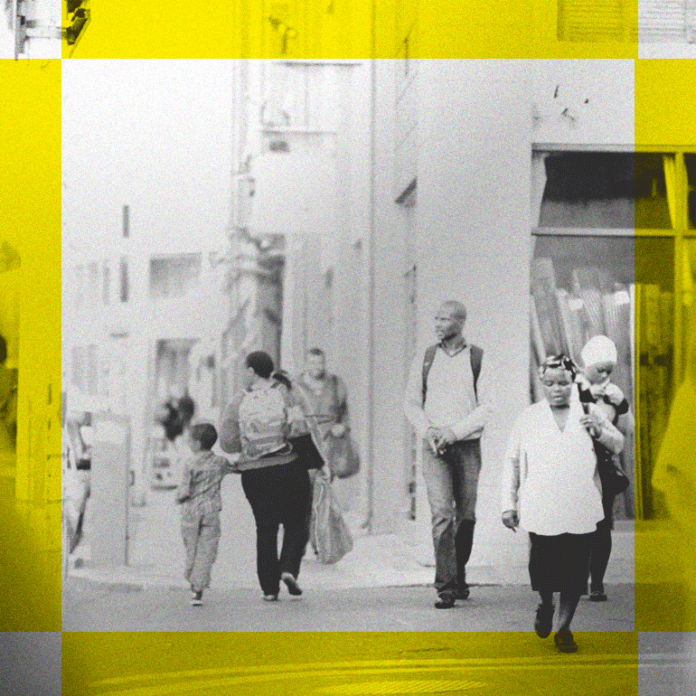
Nickelodeon Magazine released a list of several annoying songs to sing in the car, one of them went like this:
In the back seat, down the middle
Is a line no one can see.
It divides this side from that side
And this side belongs to me.
Don’t you cross it, don’t you cross it,
The imaginary line,
Stay on your side, stay off my side,
That is yours and this is mine.
This song, sung to the tune of ‘Oh My Darling, Clementine’, tells a lot about how we live our lives. Whether we are fighting to keep our siblings off our side of the back seat in a car or trying to keep people off our property, out of our space or out of our hearts.
There are dividers all over the place. Lines that separate you from me, your side of the road from my side of the road, my house and your house.
If this divide isn’t kept in check it can morph into a barrier that breeds contempt, greed and pride. That hateful line then divides my suburb and your suburb, my part of the country and your part of the country, my money and your money, my importance and your importance. So very quickly we separate ourselves from the things we do not like. And the further away we are, the more distorted the reason for disliking them becomes.

It is sometimes easy to see this line when it is physically marked on the ground but often this line is invisible. In a marriage this line says: I am in a relationship with you but I am going to do my own thing regardless. I am going to be independent, so if you say no, I will do it anyway.
In a parent-child relationship this barrier says: when you advise me or give me an instruction I will say yes to your face but I am going to do my own thing. And I will never be honest with you about what is going on in my life, I will pretend everything is okay.
In relationship with other people, friends or strangers, this barrier says: I will show you kindness and concern but only to a point. I will stop short of really getting involved, I’ll give you some money, maybe some food, but that’s as far as I will go.

These barriers say all sorts of things. Things like: I see you but I don’t want to interact with you. I know you are there and that you are suffering but I am not going to try and change anything. I don’t want to try to learn your language, I don’t want to try and pronounce your name, I don’t want to find out about you because then I have to care about you. I am not willing to let you in, I am not willing to be vulnerable and I don’t want to be uncomfortable.
I always say that the more you know about someone the more compassion you can have on them. They are no longer just a number but a person.
So why is this so hard? Why is vulnerability seen as weakness?
Brené Brown says “Vulnerability is not weakness. I define vulnerability as emotional risk, exposure, uncertainty. It fuels our daily lives and I have come to the belief that vulnerability is our most accurate measurement of courage.”
In the Southern parts of Africa we live by a code of Ubuntu (I am because you are), similar to the ‘no man is an island’ way of thinking. None of us can survive in isolation so why do we try so hard to keep everyone at arm’s length.
Obviously everyone is entitled to have a personal bubble, everyone is entitled to have their privacy and their personal space. We are all allowed to be free to choose who we want to hang around with or who we want to speak to or who we want to share our resources with but let me challenge you today to look further than your own personal comfort. Live beyond yourself and don’t be afraid to be vulnerable, don’t be afraid to pull down the barriers.


